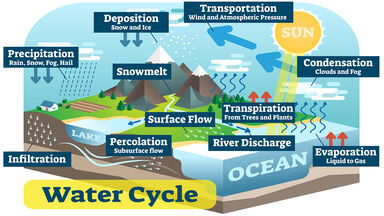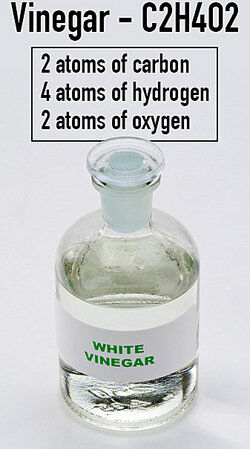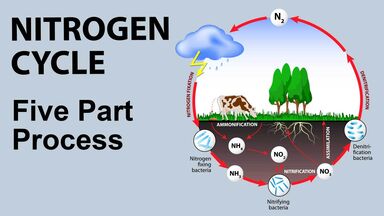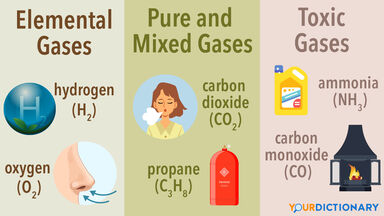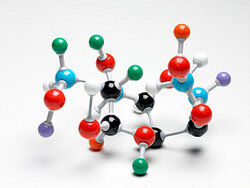Carbon-nitrogen-oxygen Cycle Definition
noun
A cyclic chain of thermonuclear fusion reactions in which carbon, nitrogen, and oxygen atoms undergo successive reactions with hydrogen nuclei or decay by emitting positrons and neutrinos or gamma rays, with each completion of the cycle converting four hydrogen nuclei into one helium nucleus and leaving the number of carbon, nitrogen, and oxygen atoms unchanged. The cycle generates significant amounts of energy and is thought to be the primary reaction fueling main-sequence stars more massive and hotter than the sun.
American Heritage
Find Similar Words
Find similar words to carbon-nitrogen-oxygen cycle using the buttons below.
